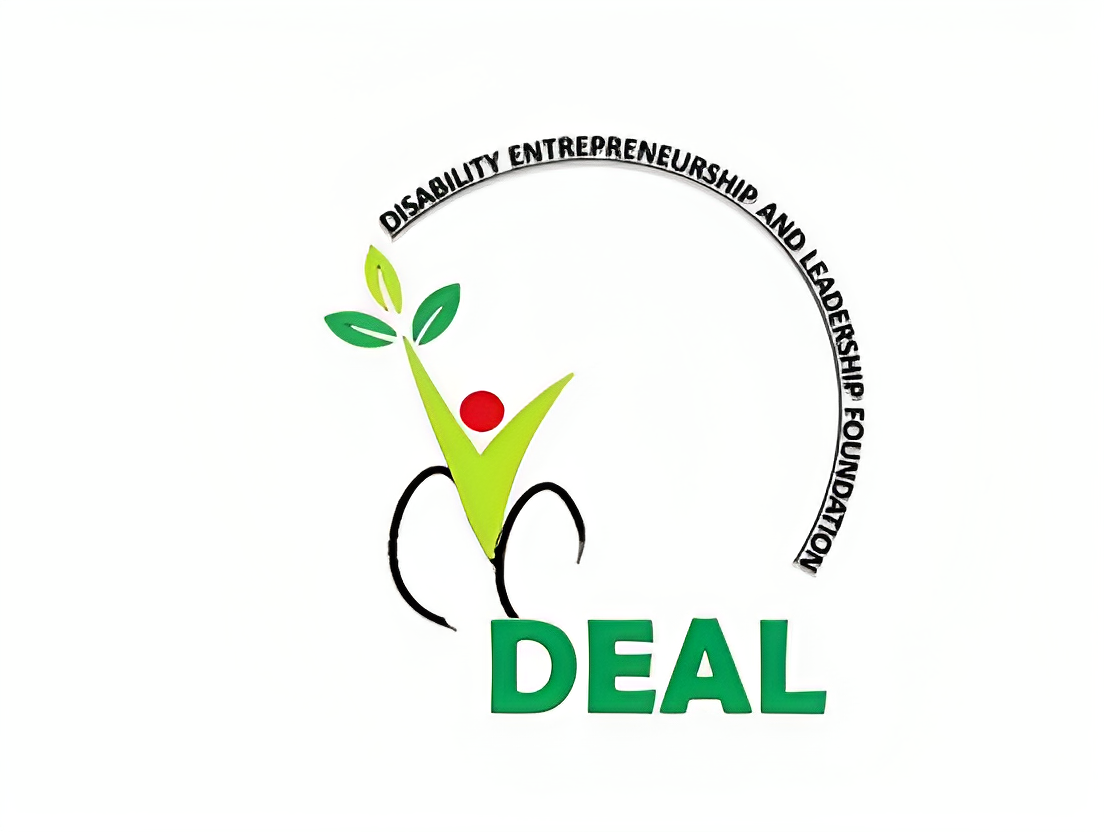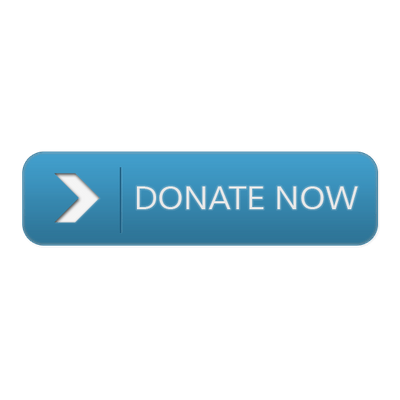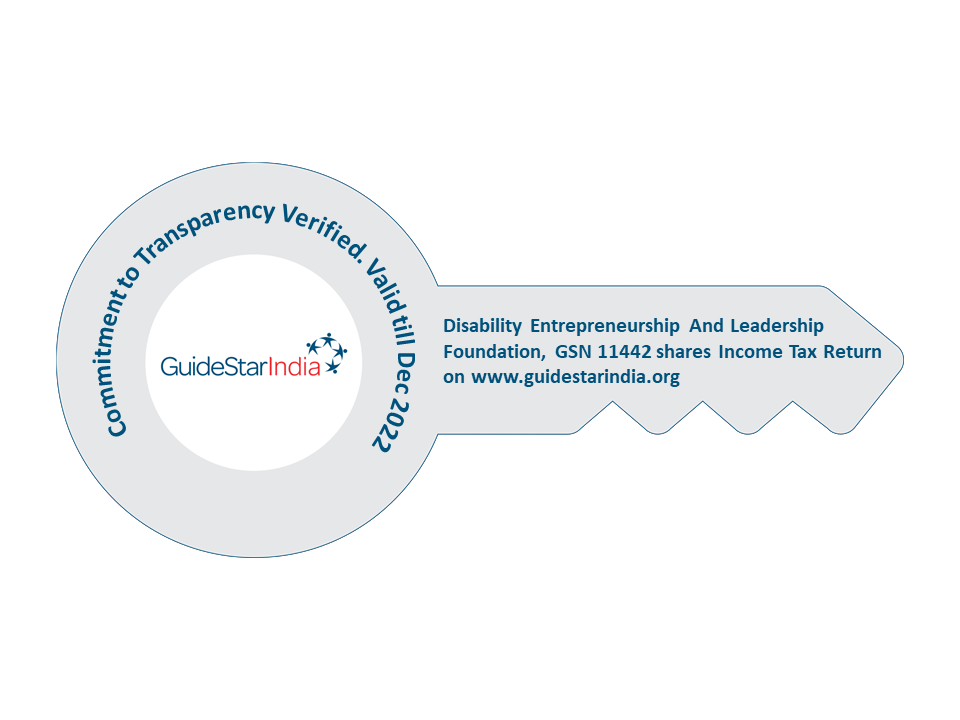Owing to the different views society has regarding disability, the leaders in the Disability Rights Movement have constituted two distinct models of disabilities namely the social and medical models, these models mainly focuses on the different angles in which disability is perceived.
While the medical model largely helps in analysing illnesses and loss of function of a particular part of the body, persons with disabilities have largely rejected it in favour of the social model as the social model promotes an idea that adapting to social and physical environments in order to accommodate persons with different range of functional abilities improves the quality of life and gives rise to opportunities for persons with disabilities.
For a better understanding on the two distinct models and the impact it can have on persons with disabilities, the traits and characteristics of the two have been listed below:
Medical model:
The medical model of disability views disability as a defect within the individual. Disability in the society is seen as something that is abnormal and usually an unwelcomed aspect when compared to the normal traits and characteristics.
It is usually believed that in order to have a high quality life these defects must be cured, or completely eliminated.
The social care and health service professionals have the sole powers to correct or change these conditions.
More often than not, persons with significant functional limitations, communication difficulties and persons requiring more support are strongly identified by their disability.
Persons with disabilities may develop lower self-esteem when people internalise the belief that one’s main part of a physical self is wrong and needs to be fixed.
On the other hand, when disability is perceived in a negative light, sympathy and self-pity are the only two messages that would be conveyed by the media, community and health care professionals. This can take over the inspirational stories persons with disabilities accomplishing day to day tasks, or of non-disabled persons being empathetic towards persons with disabilities.
Social model:
The social model of disability takes a totally different approach. According to this model, disability is the inability to participate fully in home or social life.
The interaction between functional limitations or impairments and physical, social barriers to extended participation create disabling environments.
This model differentiates between disability and impairments.
This approach believes that disability is nothing but restrictions imposed by the society where as impairments are the effects caused by any given condition.
Therefore the solution the model states lies not in fixing the person but in changing the attitudes of the society.
It calls each one of us to put an end to the discriminations and oppressions against persons with disabilities through good education, reasonable accomodation, awareness, and an accessible and inclusive environment.
This education will enable people to think differently about disabilities.
Also, this to a great extent can influence the ways architects incorporate universal designs and accessibility in to building plans, how the rights and needs of persons with disabilities can be considered when passing laws, and finally how these persons can be included in education and place of work.
(Source: odpc.ucsf.edu)
Disability Entrepreneurship And Leadership (DEAL) Foundation works across the districts of Gadag and Bengaluru to promote sustainable livelihood opportunities for persons with disabilities.
We firmly believe that it is one’s ability and not their disability that counts. Hence all barriers hindering the progress of persons with disabilities need to be eliminated and a society where every individual irrespective of his disability can work together needs to be created.
For specific questions regarding the blog please write to us at info@deal-foundation.com
And to know more about the work we do, please log on to www.deal-foundation.com


 Awarded by Guidestar India
Awarded by Guidestar India